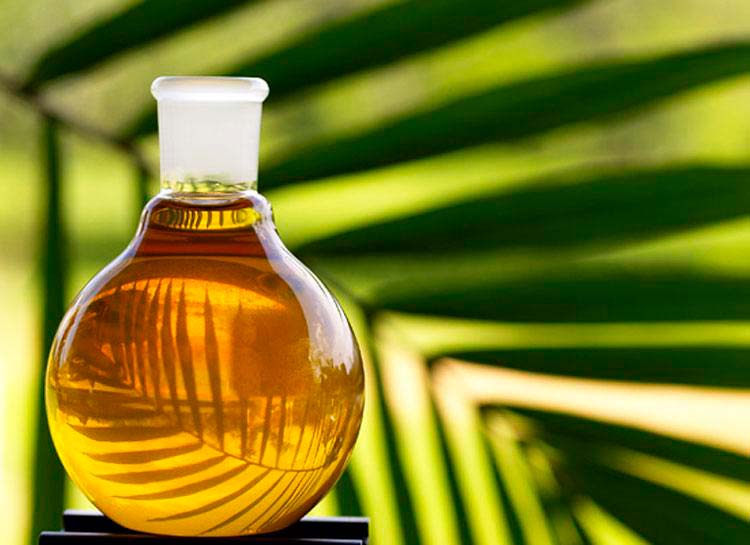Quotations for palm oil rose by 7% against the background of the easing of quarantine in China

After a long Christmas weekend, palm oil futures in Malaysia rose 7% to a three-week high yesterday, amid a decision by China (a major oil importer) to ease border controls for travelers. So far, the market is ignoring the data on the sharp increase in the number of cases of covid and the heavy burden on the Chinese medical system.
Starting Jan. 8, China will no longer require travelers arriving in the country to undergo quarantine, a major step toward reopening borders that have been blocked since 2020.
On the news, February palm oil futures on Malaysia’s Bursa rose 7% to 4,100 ringgit/t or $927/t, the biggest daily gain in 3 months.
At the same time, soybean oil futures rose by 4.4% and palm oil futures by 5.1% on the Dalian exchange.
According to surveyor Intertek Testing Services, in the period December 1-25, compared to the same period in November, Malaysia reduced palm oil exports by 0.8% to 1.26 million tons. In particular, deliveries to the EU decreased from 323.3 to 311.4 thousand tons, to China – from 216 to 100.2 thousand tons, to India – increased from 356.4 to 411.3 thousand tons.
Malaysia, the world’s second largest producer of palm oil, on Friday accused the EU of blocking access to the edible oil market with a new law banning the sale of products linked to deforestation.
After the holiday weekend, January futures on the exchange in Chicago rose by 2.6% to $1,490/t yesterday, having risen by 5.7% in two weeks. They are supported by drought and delayed sowing in Argentina.
Amid rising oilseeds markets, February rapeseed futures on the Euronext exchange rose 3.3% yesterday to €585.25/t or $617.7/t, hitting the highest level since December 1.
Strong price jumps after the long holidays are due to the actions of speculators, who heat up prices while most traders are still on vacation, so the main movement of the markets will take place after the New Year.
Write to us
Our manager will contact you soon



